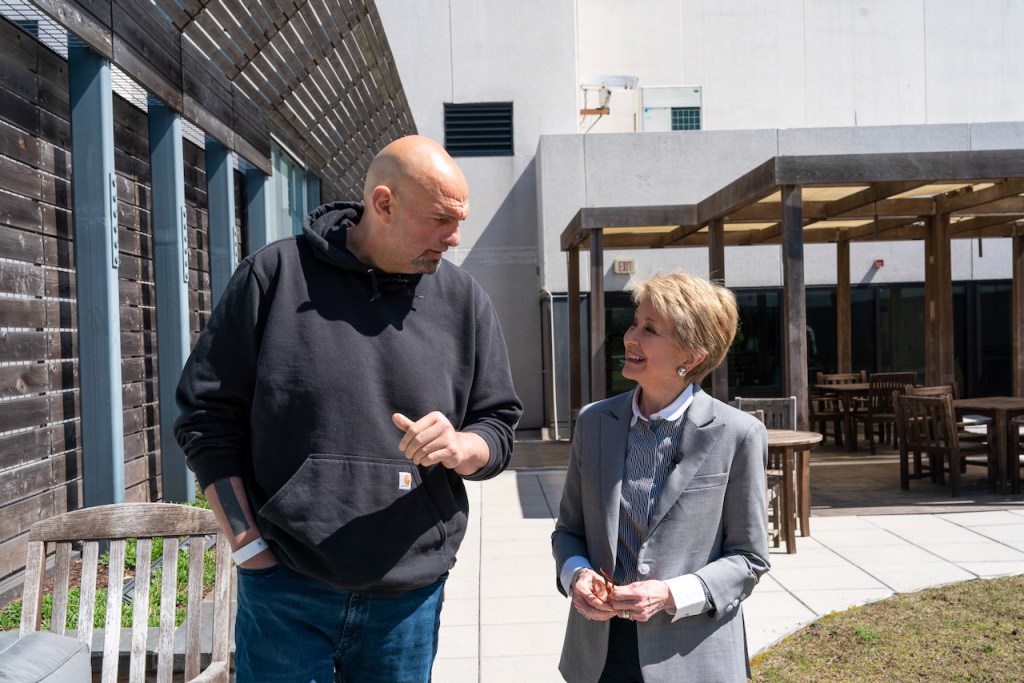This was a man’s world
One of the other themes that runs through Skywriting concerns Pauley’s experiences in the male-dominated media landscape of the ‘70s and ‘80s—an environment in which she was often marginalized and even infantilized by co-workers as well as reporters covering the industry. Looking back now, she characterizes that treatment as a “penalty of young fame,” referring both to her relatively quick rise to national prominence as well as her age.
“When I started on Today, I was so utterly self-conscious about my age that I led with it,” Pauley recalls. “I said, ‘I’m kind of ridiculously youthful and I don’t know how I got here—maybe you’re wondering that, too.’” She belatedly realized that might have been the wrong approach after a female guest—who she refers to as a “very savvy Washington figure”—advised her not to keep making her youth the story and give her male critics more ammunition.
“Looking back, I guess she thought I had a long career ahead of me,” Pauley says. “She must have thought that, because I did not!”
Even after she stopped directly leading with her age, the subject crept into her work on Today. During a 1987 interview with Madonna, for example, Pauley repeatedly asked the pop star about her childhood and being perceived as a kind of eternally youthful figure in the public eye. It’s another case where “Janie” seems to emerge from somewhere inside of “Jane,” which adds a fascinating dynamic to the interview, particularly in the unedited version that can be watched on YouTube.
Asked about that conversation over three decades later, Pauley isn’t shy about criticizing her younger self. “It has been brought to my attention that it is one of the worst interviews ever,” she says, chuckling. “I recall that Madonna was all business, and had an agenda that she didn’t want to budge from. It was a struggle. I should revisit it—maybe it’s not that bad.”
Pauley agrees that her interviewing style has evolved over the years. On CBS News Sunday Morning, for example, she eschews “bullseye” questions in favor of exploring the “outside rim” of a person’s life. “If they say something that is unexpected, I’m ready to hear it and follow it,” she explains.
Case in point: During a recent sit-down with Connie Chung, Pauley’s ears perked up when her friend and contemporary talked about her own, much different approach to navigating beneath and ultimately breaking through the glass ceiling that hovered over so many newsrooms forty years ago.
“Connie said that her strategy was to just be one of the guys,” Pauley notes. “She and I have a great deal in common in that we were there at the beginning of something, along with women like Lesley Stahl, Judy Woodruff and Andrea Mitchell. Every year since then, you see a little bit more how the industry is evolving into something entirely new.”


